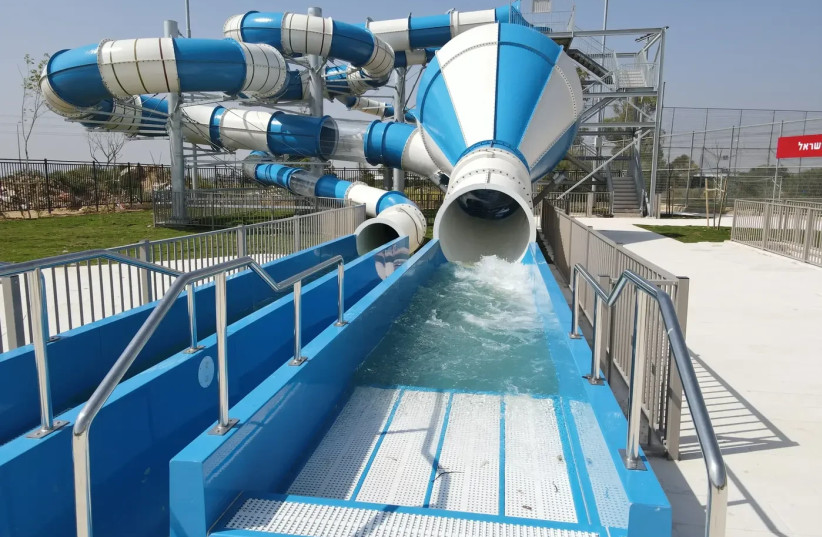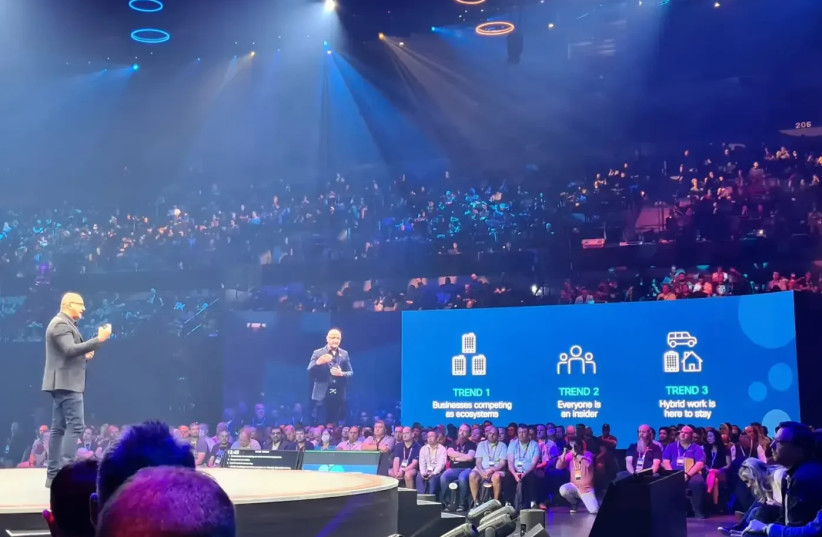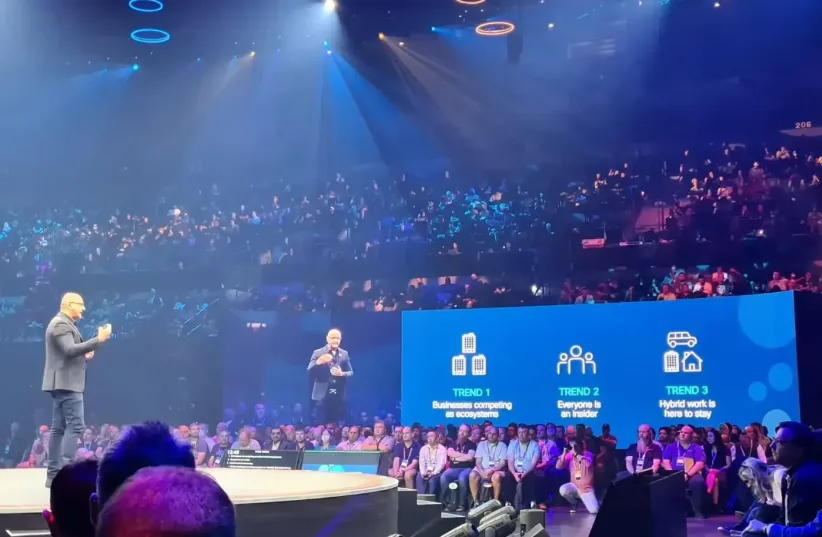
The majority of Israel's population is concentrated in the Tel Aviv metropolitan area. In order to encourage population dispersion and support residents of the periphery, the Israeli government grants tax benefits. Generally, the closer a settlement is to the border, the more significant the tax benefits its residents enjoy. Currently, there are 485 such settlements. For example, residents of Kiryat Shmona enjoy the maximum tax benefit of 20%.
For a young couple just starting out in life or a family looking to improve their housing, this is a significant financial benefit worth tens of thousands of shekels per year. The implication is that residents benefiting from tax breaks pay less taxes.
Take Ofakim, for example. In recent years, the southern city has experienced significant growth, seemingly unaffected by the slowdown in real estate. Located about 24 km from Gaza, Ofakim demonstrates impressive stability and growth, largely due to the fact that its residents enjoy significant tax breaks, nearly at the maximum of 18%, while in nearby Beersheba, only 12 km away, there are no tax benefits at all.

Ofakim is not the only city to sign agreements with the State of Israel regarding tax benefits; however, for the residents and investors' Nirvana of the city, there is an additional significant reason. A few days ago, the information technology giant "Cisco Systems" announced its decision to establish a branch in the city, joining leading international companies like Nvidia and Elbit, which have established branches in the Gav Yam High-Tech Park.
New residents believe that what Intel did for Kiryat Gat, these companies will do for Ofakim, turning it into a significant attraction center for young families. As known, the key to attracting residents is employment. The decline of southern towns in recent decades and the emigration of the young stemmed from a lack of employment opportunities. Now, the rural atmosphere, significant tax breaks, and construction boom are attracting new residents from the south who see in Ofakim the trends that characterized the wine city of Ashkelon and the neighborhoods of Kiryat Gat, which led to the success of the projects due to the state's investment.
In fact, Ofakim's future was secured after the State of Israel invested billions of shekels with the intention of turning it into an independent and thriving city. Today, the city has about 32,000 residents, and in the next decade, it is expected to triple its population.
No longer just a suburb
The impressive demographic growth rate of the city is also a result of the opening of a railway station in the city and the completion of the road connecting to Beersheba. Both significantly shortened travel distances to the Negev's capital and the Tel Aviv metropolitan area, attracting housing seekers from Beersheba and the area who chose to buy a huge apartment and come out with a surplus after selling their apartment. For example, in the Afikei Hanahal neighborhood currently being built, you can find a huge 5-room apartment for the price of a 4-room apartment in Beersheba - NIS 1,680,000. This is a price difference that can reach NIS 300,000 per apartment. When adding the tax benefits, new residents in Ofakim can significantly upgrade their quality of life.
But it's not just new residents. Since the beginning of the year, many investors have identified a great opportunity to enter the Afikei Hanahal neighborhood, which is actually a new city being built within Ofakim, located a 20-minute drive from the Gav Yam High-Tech Park and estimated to make the city one of the three strongest cities in the south, with the completion of the IDF's move to the south.
According to Salit CEO Shaike Nafcha, these are a different type of investors from those who invested in Beersheba 20 years ago. Many of the investors buying apartments in our Omrim project, come specifically from the periphery of the Tel Aviv metropolitan area and they do not rule out moving after the construction is completed. It's hard to ignore the significant savings that come with moving to the city.
According to him, in the Omrim project of the Bral Salit companies in the Afikei Hanahal neighborhood, 780 housing units are being built in 18 buildings, of which 564 are in the free market, and since January this year, we are experiencing an amazing pace of sales averaging 6 apartments per week.
